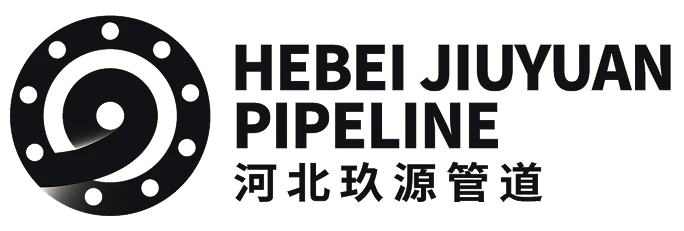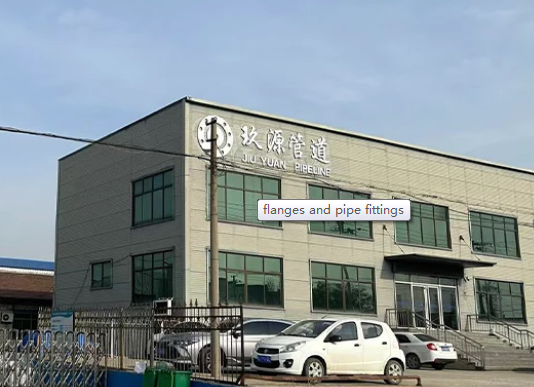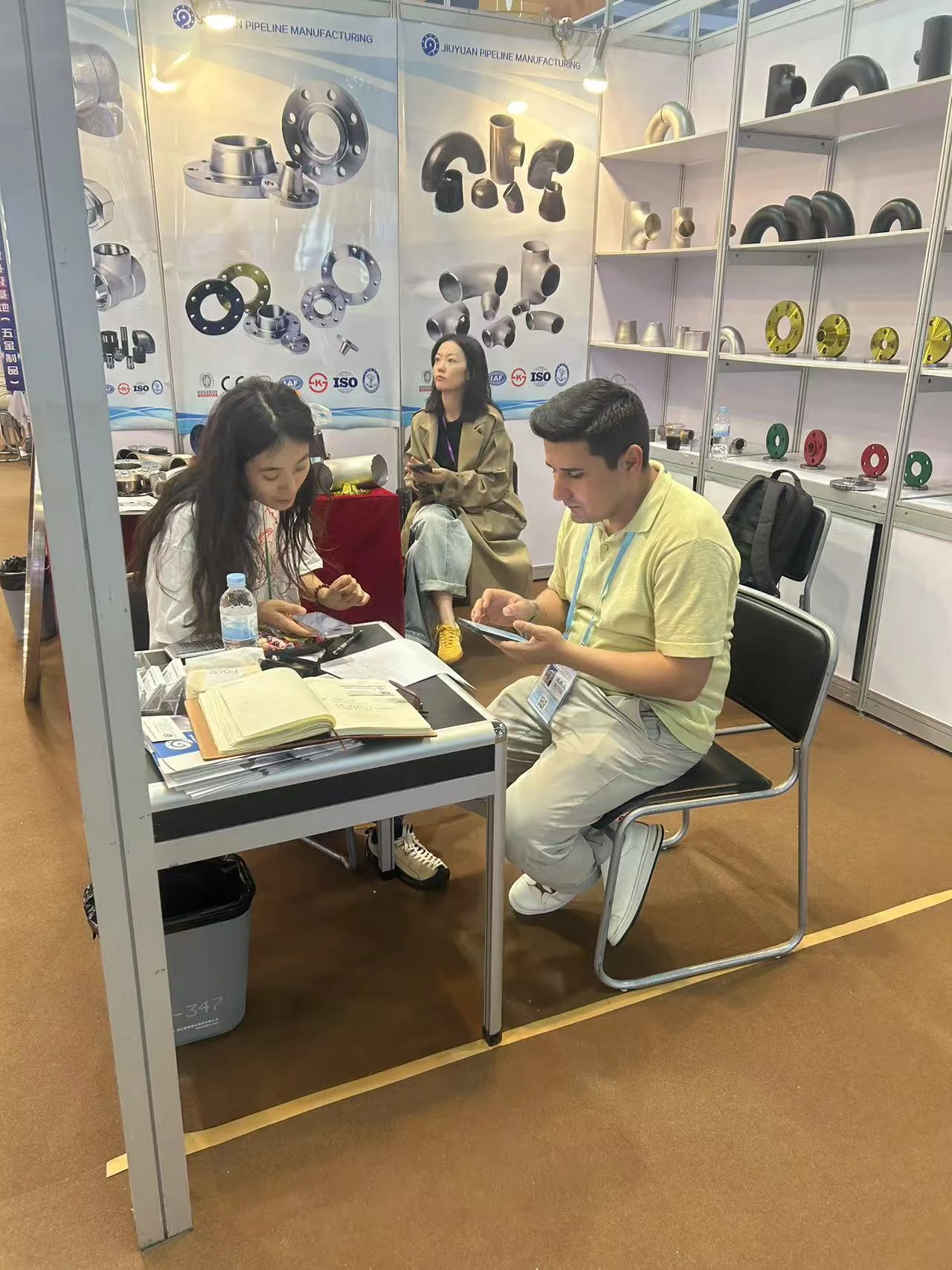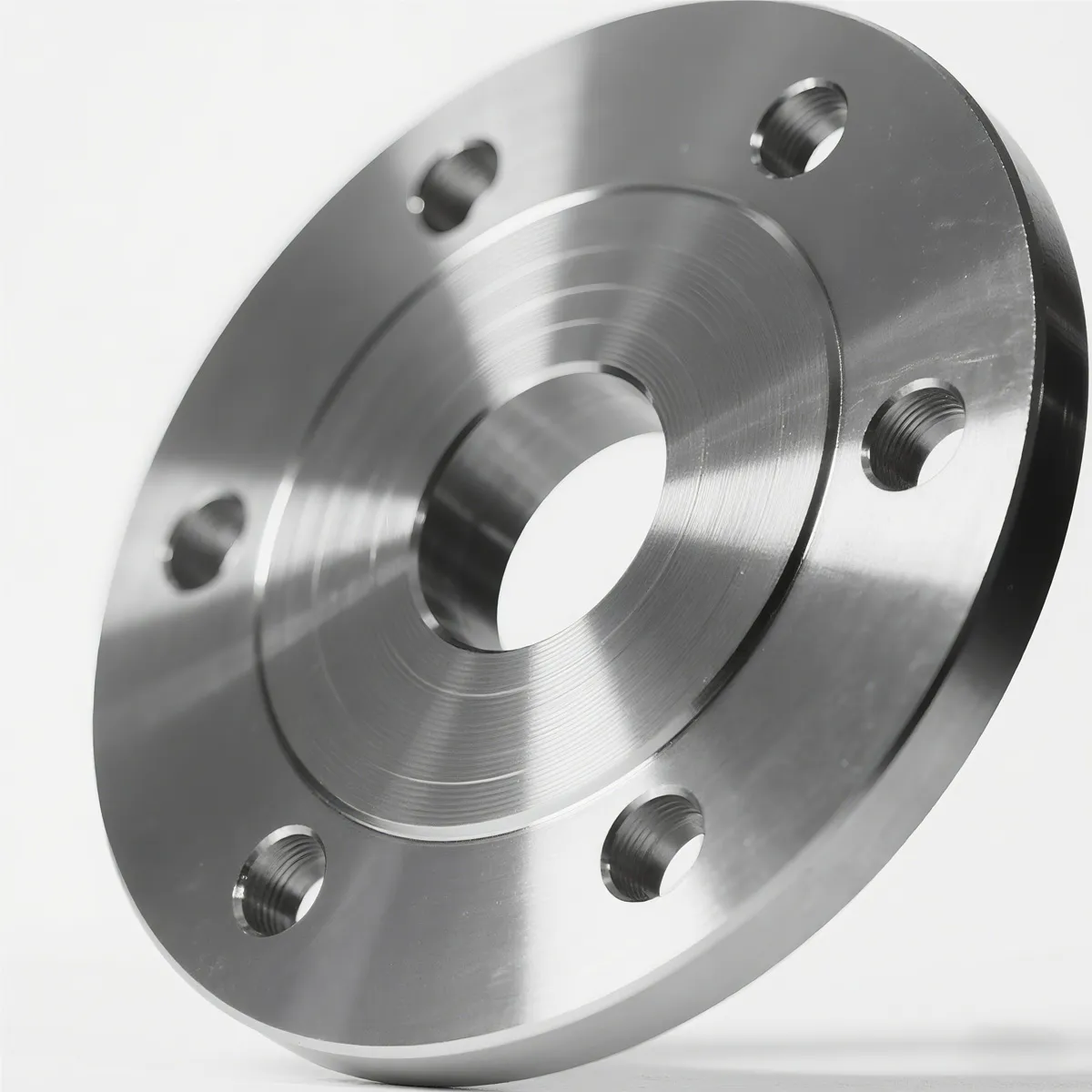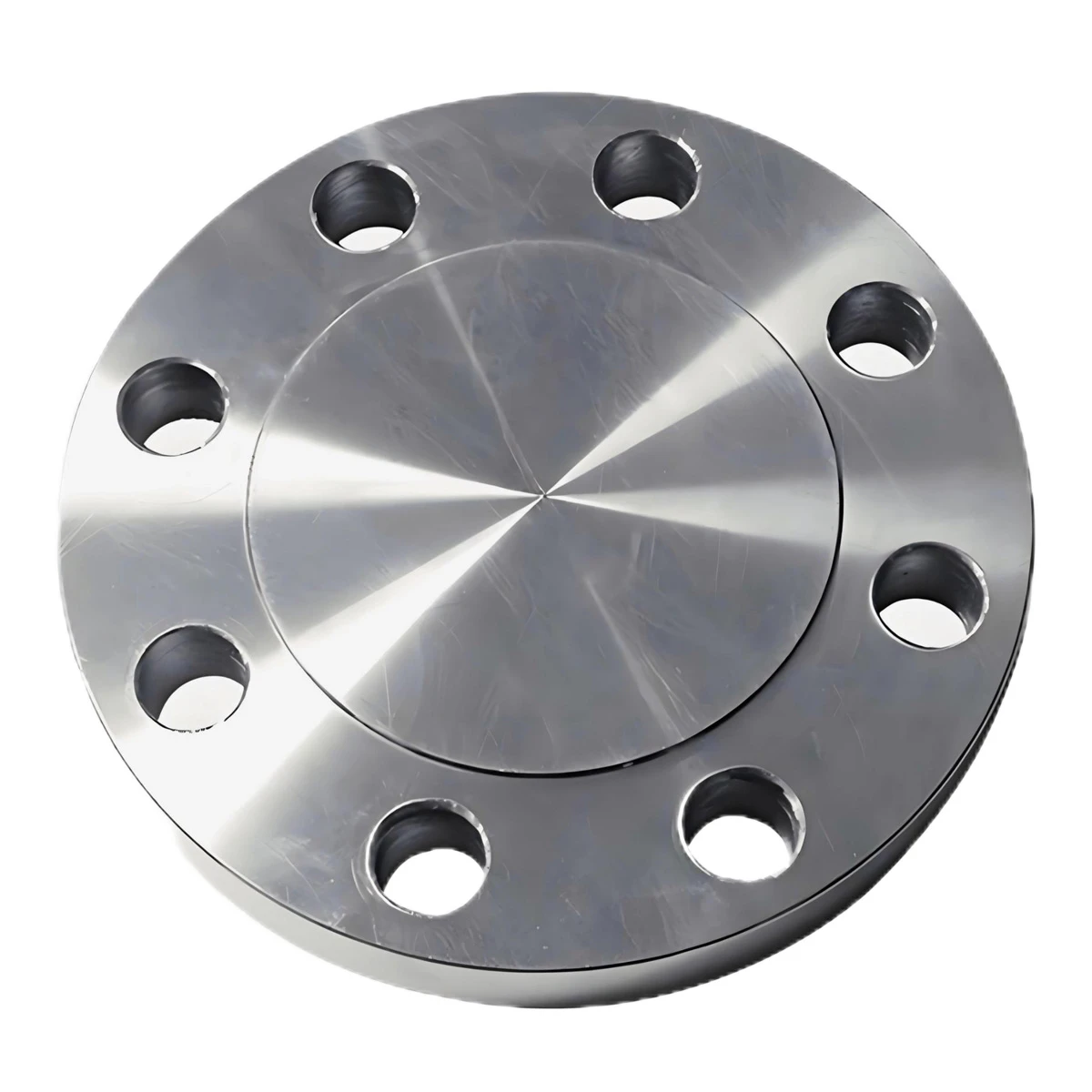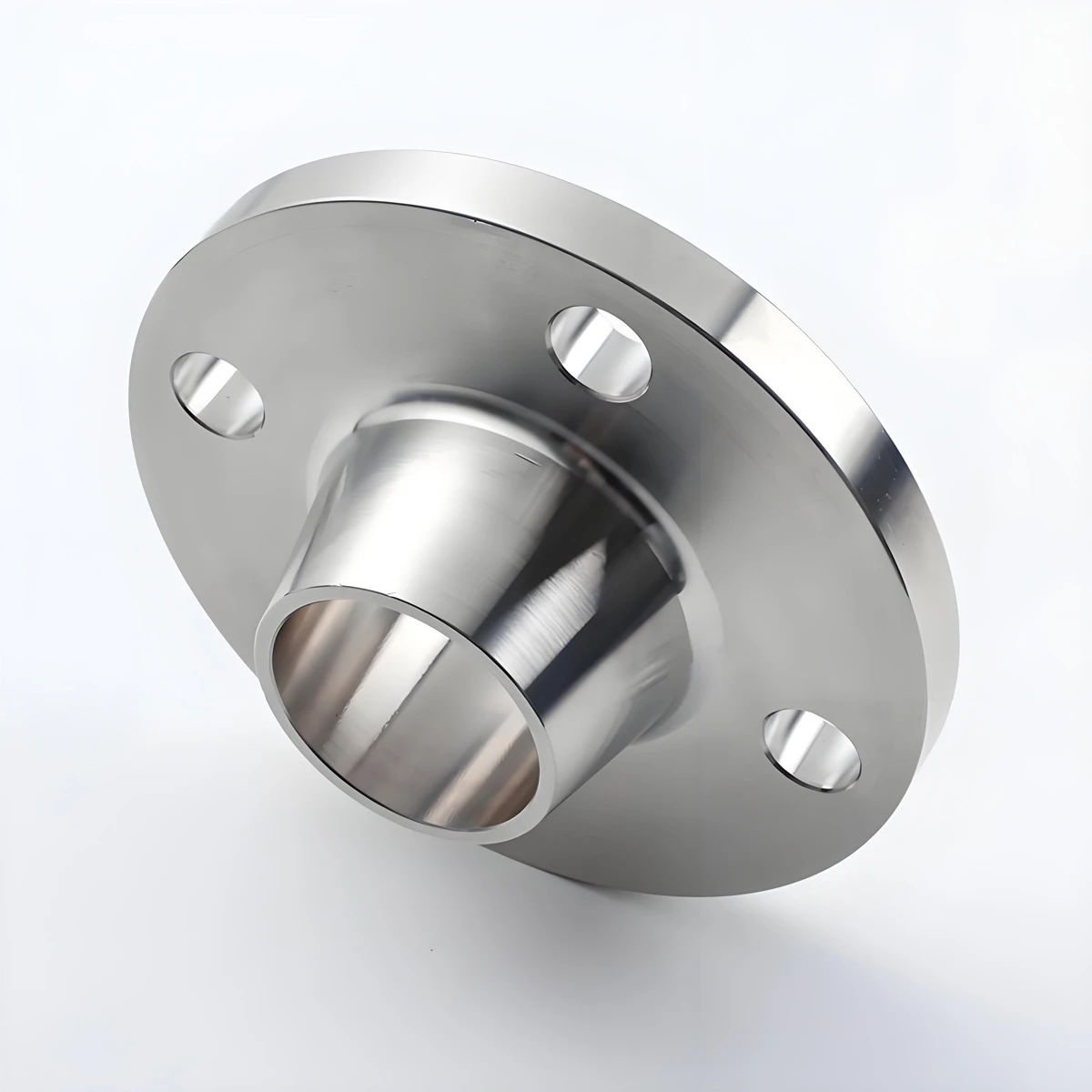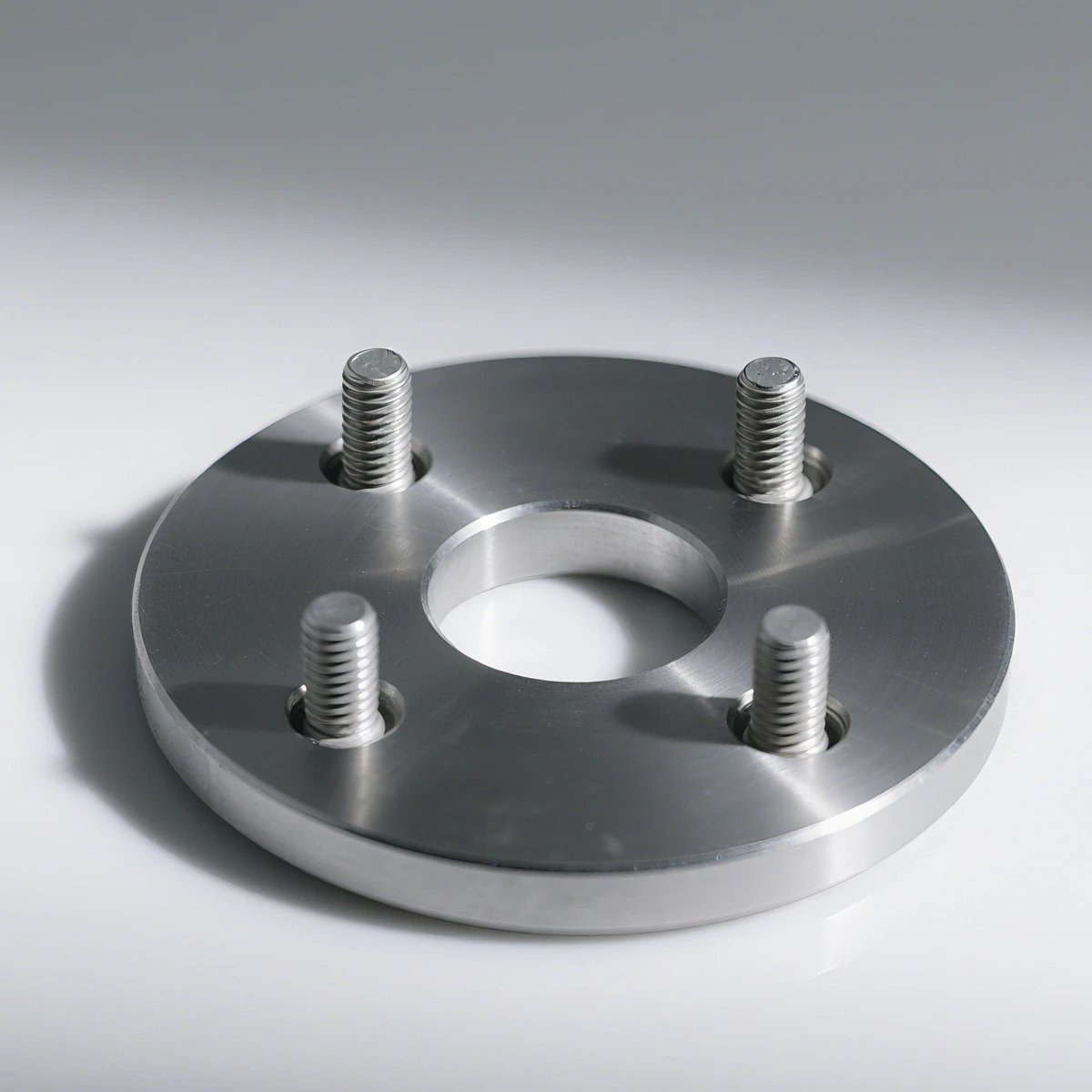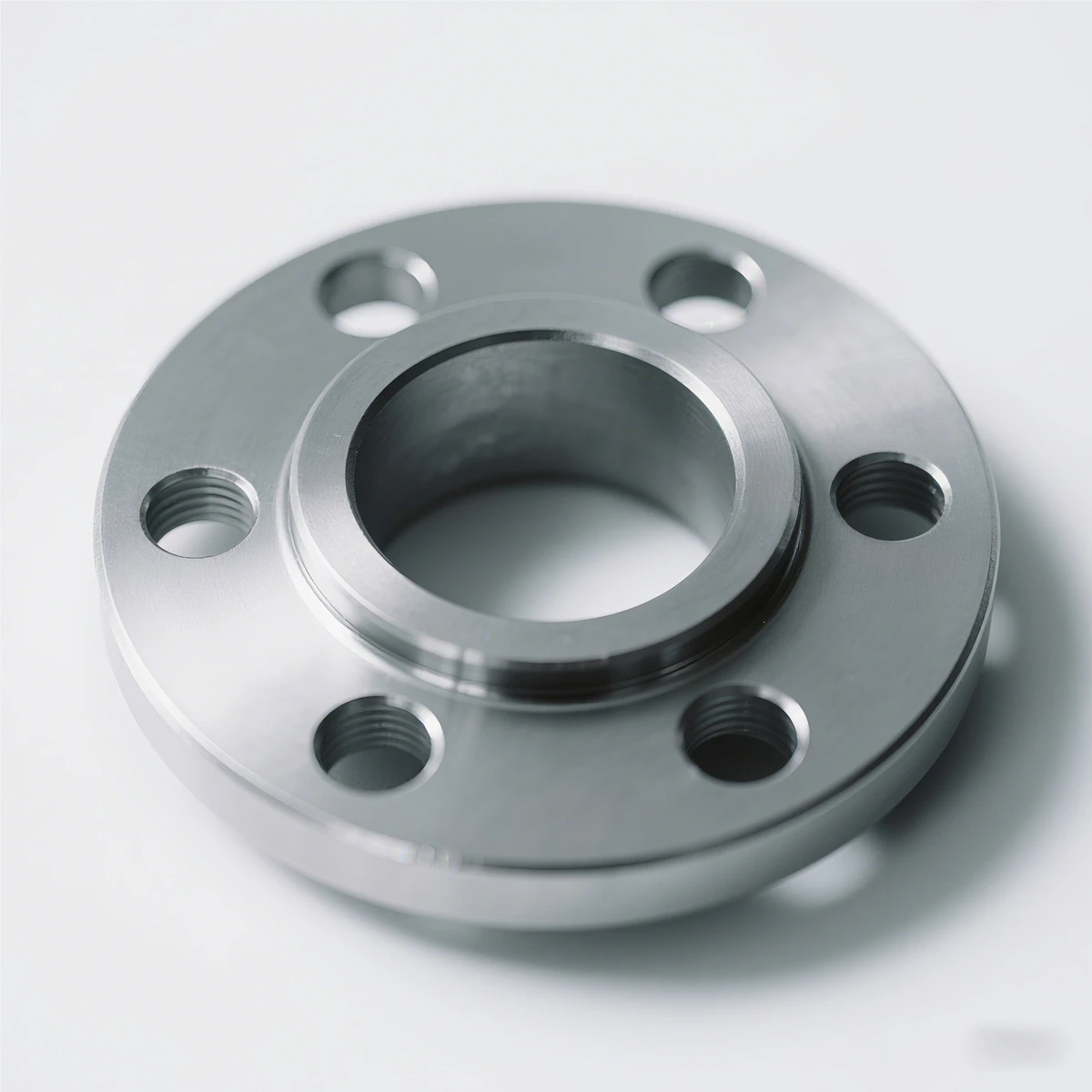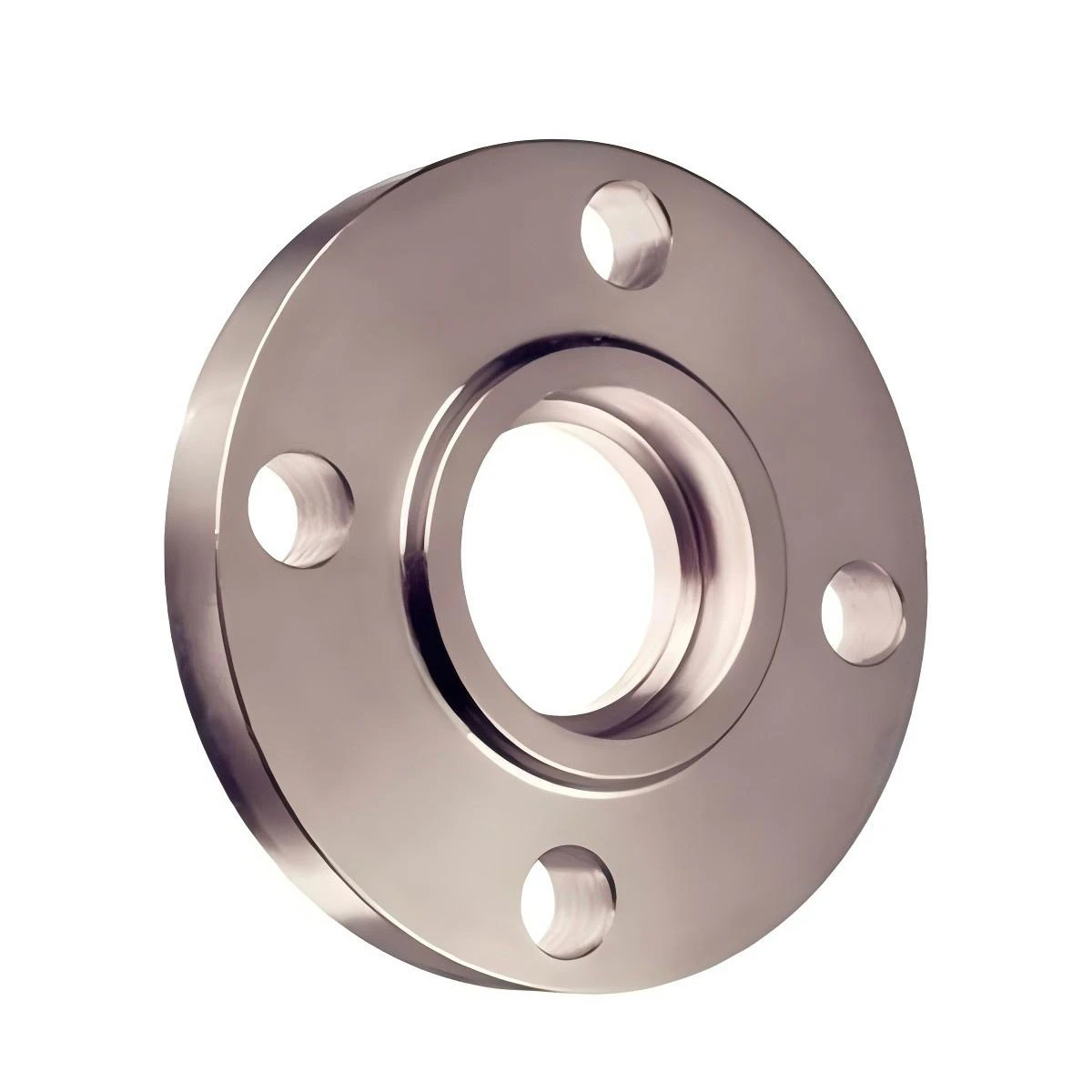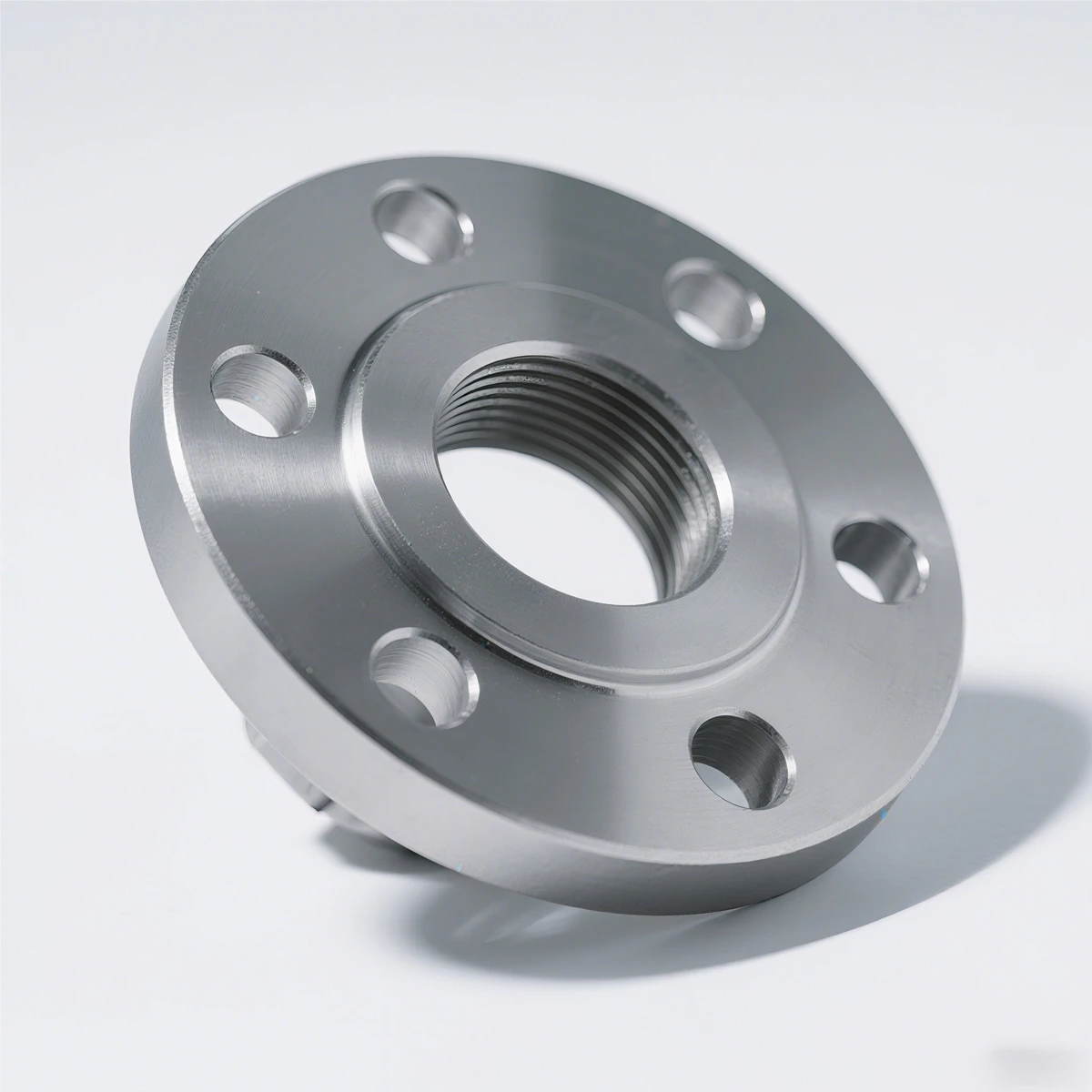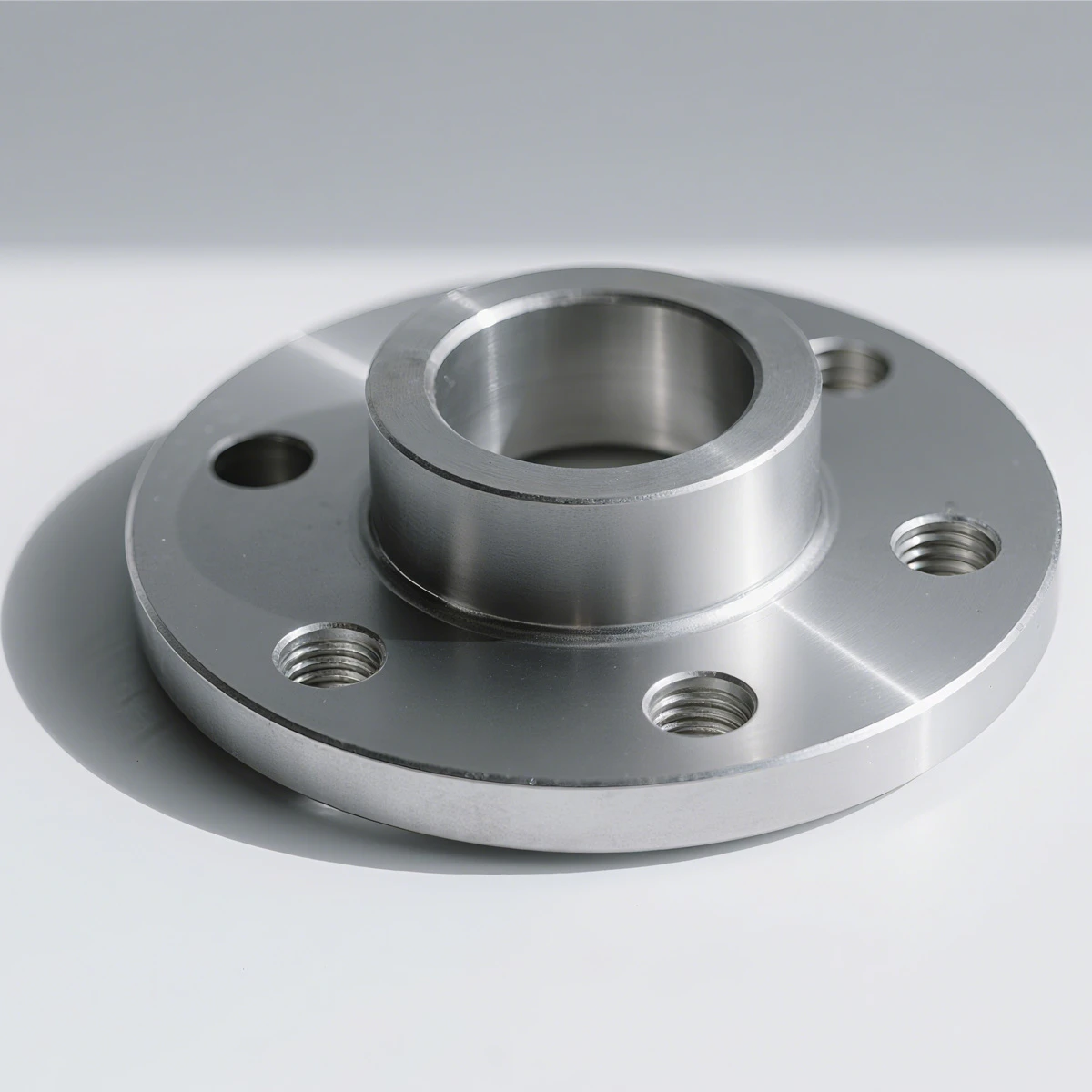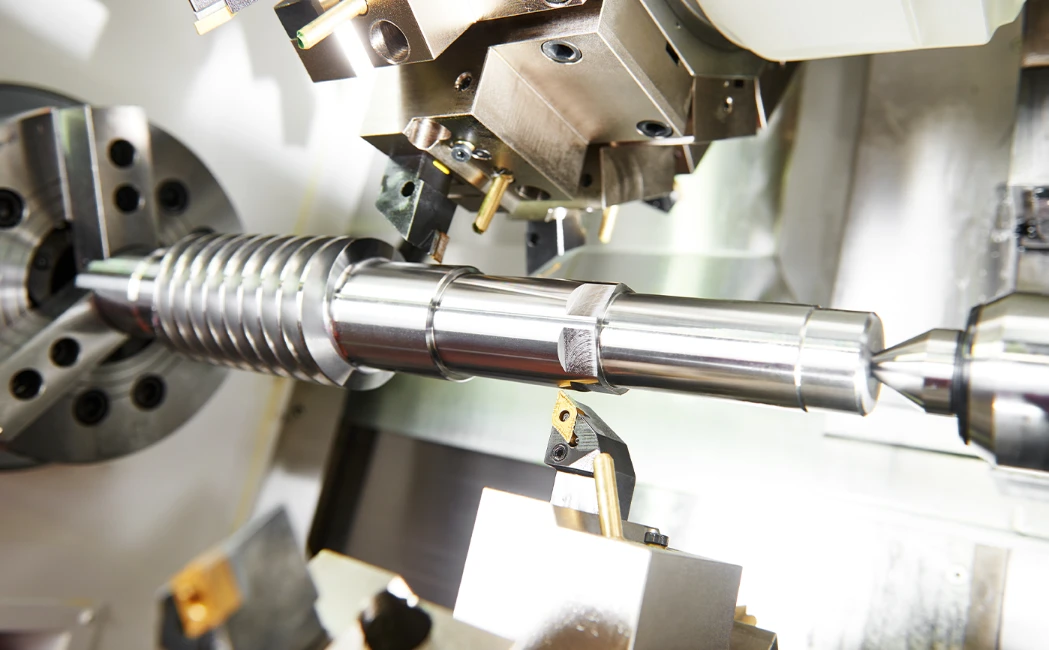-
Aug. 22, 2025
-
Apr. 28, 2025
-
Aug. 22, 2025
-
Aug. 28, 2025
-
Aug. 22, 2025
-
Aug. 22, 2025
Our industrial flanges are designed to provide secure, reliable connections in piping systems across a wide range of industries, including oil & gas, petrochemical, power generation, shipbuilding, and water treatment. Manufactured from premium-grade materials such as stainless steel, carbon steel, and alloy steel, our flanges ensure high strength, durability, and excellent corrosion resistance even in the most demanding environments.
We offer a comprehensive range of flange types, including weld neck, slip-on, blind, socket weld, lap joint, and threaded flanges, each engineered to meet various pressure classes and application needs. Available in ANSI, ASME, DIN, EN, and JIS standards, our flanges ensure global compatibility and meet strict quality assurance benchmarks.
Key product features include precision-machined surfaces for optimal sealing performance, robust construction for high pressure and temperature resistance, and accurate bolt-hole alignment for easy installation. Whether used in high-pressure pipelines or low-pressure processing lines, our flanges provide leak-proof joints that enhance system efficiency and safety.
Surface finishes such as galvanized, anti-rust coated, or mirror-polished are available upon request, further enhancing corrosion protection and extending product life. Custom sizes and special flange designs can be fabricated to suit specific project requirements.
Every flange undergoes rigorous inspection and testing, including dimensional checks, material analysis, and pressure testing, ensuring they meet or exceed customer expectations and industry standards. With a focus on performance, consistency, and long-term reliability, our flanges are the trusted choice for engineers, contractors, and procurement teams worldwide.
-
Blind flanges are solid disks used to block off a pipeline, valve, or pressure vessel opening. They are designed for easy installation and removal, making them ideal for applications requiring frequent inspection or maintenance.
-
Butt-weld neck flanges are designed for welding directly to the end of a pipe or vessel. They feature a long, tapered neck that helps distribute the stress over a larger area, making them ideal for high-pressure and high-temperature applications.
-
A lapped flange is a type of flange connection used in piping systems where two flanges are joined together with a gasket in between, creating a reliable seal.
-
Slip-on weld flanges are designed for easy installation and reliable performance in a wide range of piping systems. These flanges slide over the pipe and are then welded both inside and outside to provide strength and prevent leakage. They are ideal for low-pressure and low-temperature applications, offering a cost-effective and efficient solution for connecting pipes, valves, and other equipment.
-
Socket weld flanges are designed for small-diameter, high-pressure piping systems. They feature a recessed socket into which the pipe is inserted before welding, providing a smooth bore and better flow characteristics. This design ensures strong, leak-proof joints while simplifying alignment during installation.
-
A threaded flange is a type of pipe flange that features internal threads, allowing it to be screwed onto a pipe with matching external threads, eliminating the need for welding. This design makes threaded flanges ideal for situations where welding is not possible or desired, such as in sensitive environments or when working with small-diameter pipes.
-
The Long Neck Flange, also known as the Weld Neck Flange, is designed for high-pressure and high-temperature applications. It features a long tapered hub that gradually merges with the pipe, providing excellent stress distribution and reducing the risk of deformation.
